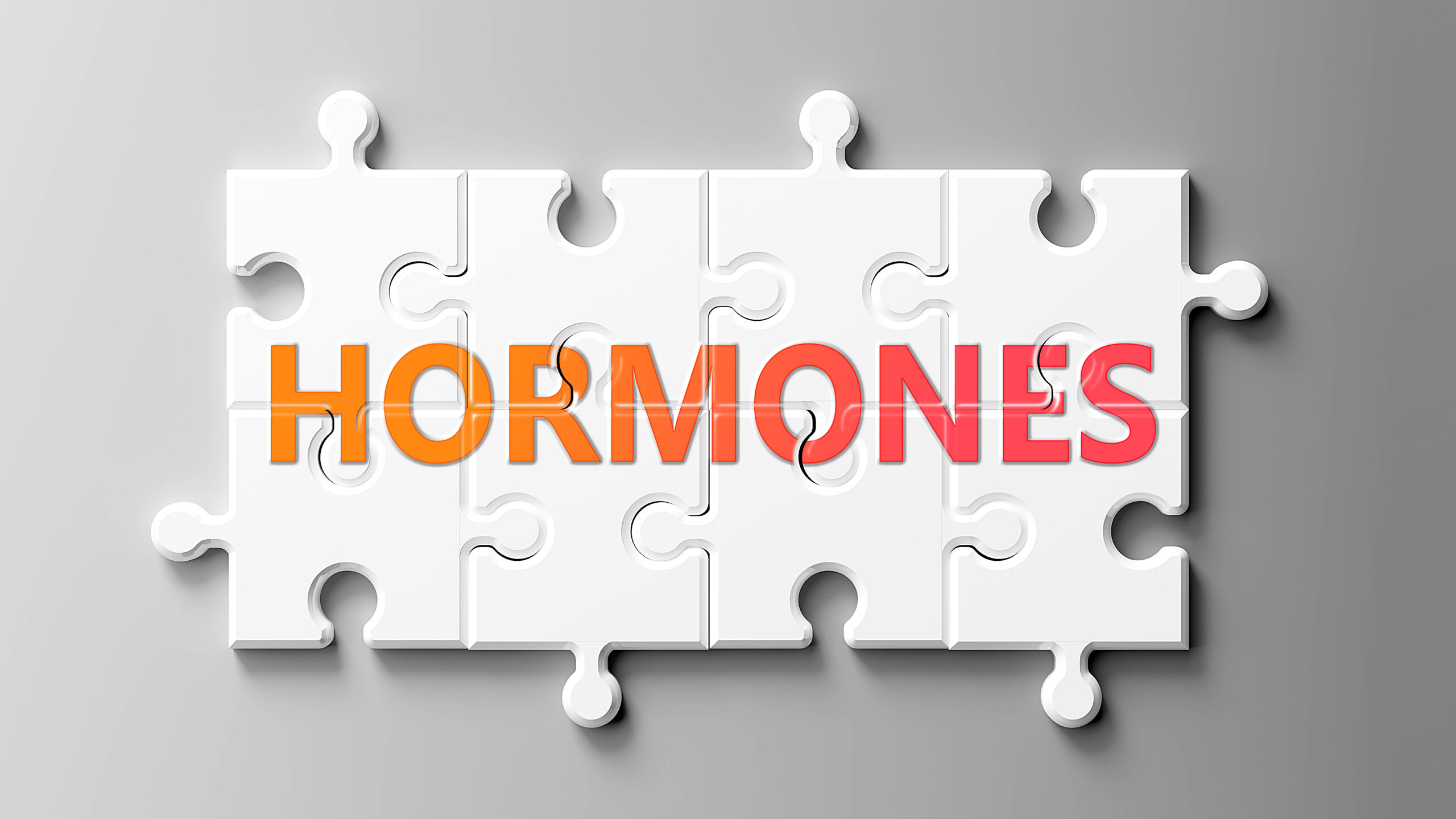The relationship between hormones and depression is complex and multifaceted. Hormones are chemical messengers in the body that regulate various physiological processes, and imbalances in certain hormones can contribute to the development or exacerbation of depression. Let’s explore some common hormone imbalances that can exacerbate symptoms of depression.
Stress plays a critical role. Hormones such as serotonin, dopamine, and norepinephrine help regulate mood. Imbalances in these neurotransmitters, often brought on by stress, are associated with depressive disorders. The hypothalamic-pituitary-adrenal (HPA) axis is critical to the body’s stress response system. Chronic stress can dysregulate the HPA axis, leading to increased production of stress hormones, such as cortisol. Elevated cortisol levels over an extended period may contribute to changes in the brain’s structure and function, increasing susceptibility to depression.
Hormones, particularly those released by the endocrine system, can influence the availability and function of neurotransmitters in the brain. Thyroid hormones regulate metabolism and much more, including thyroxine (T4) and triiodothyronine (T3). Thyroid dysfunction, such as hypothyroidism, hyperthyroidism, Hashimoto’s, and Graves’ disease, has been linked to depressive symptoms. Low thyroid hormone levels can lead to fatigue, changes in appetite, and alterations in mood, mimicking symptoms of depression. Having your Thyroid levels checked is essential. Look for an excellent Integrative doctor who will run a comprehensive thyroid panel. These labs should include:
- Thyroid Stimulating Hormone (TSH)
- Free T4
- Free T3
- Reverse T3
- Thyroid Peroxidase Antibodies (TPOAb)
- Thyroglobulin Antibodies (TgAb)
For a good article breaking down each of these tests and what levels should be, click here
Hormones related to the reproductive system, such as estrogen and progesterone in females and testosterone in males, can influence mood. Changes in hormone levels during menstrual cycles, pregnancy, post-pregnancy, menopause, and periods of stress are associated with fluctuations in mood and an increased risk of depression. Estrogen dominance can play a role in post-partum depression, Premenstrual Syndrome (PMS), and Premenstrual Dysphoric Disorder (PMDD, a severe form of PMS), and some forms of progesterone have been known to help. Seek an excellent Integrative doctor to help you identify reproductive hormone disorders.
Inflammation is implicated in the development of depression. Cytokines, immune system signaling molecules, can influence neurotransmitter activity and neuroendocrine function. Chronic inflammation, often characterized by elevated levels of inflammatory markers, may contribute to depressive symptoms. A diet high in quality protein, such as grass-fed and grass-finished beef, pastured raised poultry and pigs, fish, and fish oil, has been reported to reduce inflammation. Check out our blog post on the vital connection between nutrition and mental health.
Both genetic and environmental factors can influence the interplay between hormones and depression. Genetic predispositions may affect how individuals respond to stress, while environmental factors, such as early-life stress or trauma, can impact hormonal regulation and increase vulnerability to depression. Finding a good therapist can help you navigate stress and trauma.
Understanding the intricate relationship between hormones and depression is crucial for developing effective treatment strategies. In many cases, a combination of psychotherapy, medication, and lifestyle interventions may be recommended to address both the psychological and physiological aspects of depression. Individuals experiencing symptoms of depression should seek professional help for an accurate diagnosis and tailored treatment plan.
To learn more, you can listen to Andrew Huberman’s podcast on depression here: https://podcastnotes.org/huberman-lab/episode-34-understanding-conquering-depression-huberman-lab/







Leave A Comment